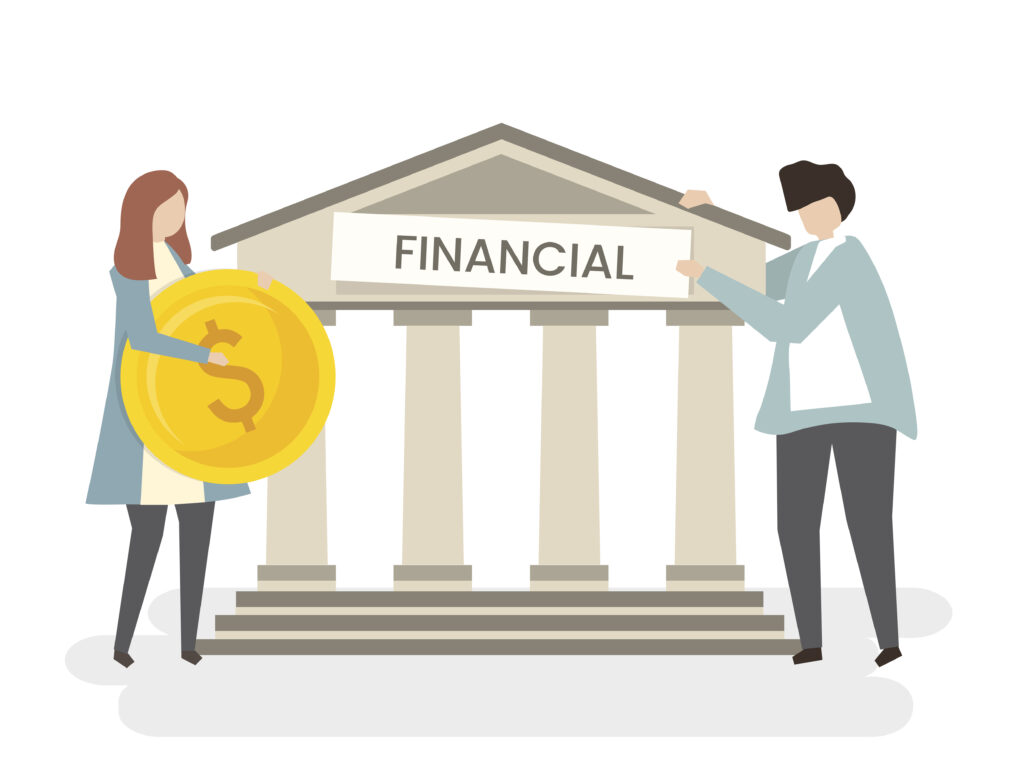Recessions can be scary. Markets are down. The news sounds grim. People are tightening their belts. And you might be wondering if it’s better to pull your money out of investments entirely.
But here’s the truth: recessions are part of the economic cycle, not the end of the world. In fact, for disciplined investors, recessions often present long-term opportunities if you know how to navigate them wisely.
So, how do you invest during a recession without panicking or making costly mistakes? Let’s break it down.
1. Keep Calm and Stick to Your Plan

Photo by Glenn Carstens-Peters on Unsplash
The worst investment decisions are often driven by fear. Don’t let emotions dictate your strategy. If you already have a long-term investment plan – especially one built around your goals and risk tolerance – don’t abandon it just because the market is shaky.
If you sell at a loss during a downturn, you’re locking in that loss. But historically, markets recover, and those who stay invested often come out ahead.
2. Focus on Quality Investments
During a recession, not all companies survive or thrive. That’s why it’s essential to focus on:
- Strong, established businesses with solid balance sheets
- Companies that provide essentials (like healthcare, utilities, and consumer staples)
- Dividend-paying stocks with a track record of consistency
These types of investments tend to be more resilient when the economy slows down.
3. Diversify Your Portfolio
Diversification is your best defense during uncertain times. Don’t put all your eggs in one basket.
A balanced portfolio might include:
- Stocks (from different sectors)
- Bonds or bond funds
- Real estate or REITs
- Cash or cash equivalents
This mix helps protect you when one part of the market drops, because others may hold steady or even rise.
4. Continue Investing (Even If It Feels Weird)
It may feel counterintuitive, but continuing to invest during a recession can actually work in your favor.
Why? Because prices are lower. And when you invest during a downturn, you’re essentially buying assets on sale. This strategy (called dollar-cost averaging) can lower your average purchase price over time and set you up for gains when the market rebounds.
Even small, consistent investments during a recession can have a big impact later.
5. Strengthen Your Financial Foundation

Image by rawpixel.com on Freepik
Before you throw more money into the market, make sure your financial basics are covered:
- You have a 3–6 month emergency fund
- You’re not carrying high-interest debt
- You’re not investing money you’ll need in the next 1–2 years
A strong foundation gives you peace of mind and staying power when markets are shaky.
6. Watch Out for Scams and “Hot Tips”
Recessions can bring out the worst kind of financial advice. Be wary of anyone promising quick returns, secret strategies, or guaranteed outcomes.
Stick to your plan. If something sounds too good to be true… it usually is.
7. Work With a Professional (Optional, but Powerful)
If you’re feeling unsure or overwhelmed, there’s nothing wrong with seeking guidance. A trustworthy financial advisor can help you:
- Review your portfolio
- Align your investments with your goals
- Avoid emotional decisions
Just make sure the advisor is qualified, transparent, and puts your interests first.
Final Thoughts
Investing during a recession can feel intimidating, but it doesn’t have to be. With the right mindset, a balanced strategy, and a focus on the long term, you can come out stronger, not just financially, but mentally, too.
Want a step-by-step roadmap to build wealth through every economic season?
Download our free Financial Independence Guide—a practical resource packed with tools and real-life strategies to help you invest confidently and build the financial life you want, no matter what the markets are doing.